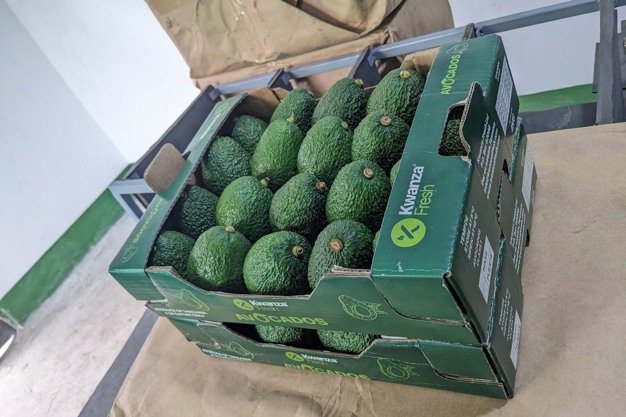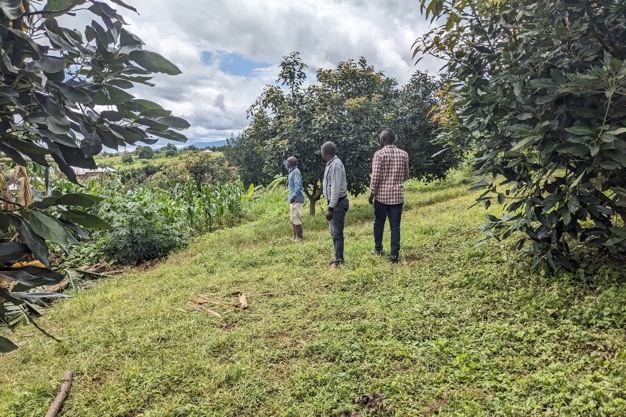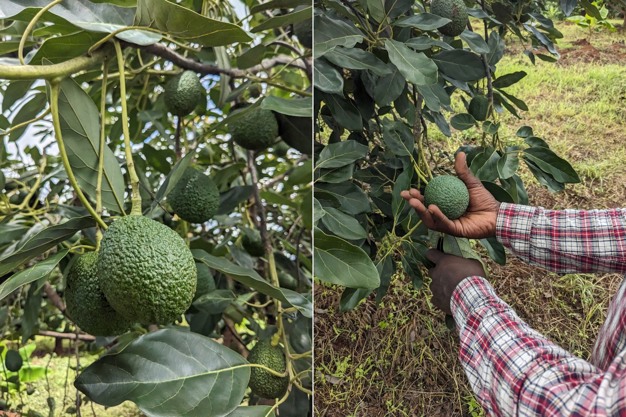The Tanzanian peak export season for avocados is just around the corner, Irene Appolinary Undiri, sales representative at Tanzanian avocado exporter Kwanza Fresh, states: “The peak season for avocados in the southern region of Tanzania, where our pack house is situated, spans from February to July, while the minor season occurs between November and January. Challenges in attaining optimal fruit quality and quantity during the minor season often arise due to heightened competition from numerous sourcing companies, in contrast to the smoother achievement of intended quality and quantity during the peak season.”

The avocado has become an important crop in recent years, and the growth in production shows it, Undiri explains. “In Tanzania, avocados became a notable export crop in 2009. From 2019 to the present, they have emerged as the fastest-growing subsector in the horticulture industry. According to the Tanzania Horticulture Association (TAHA), avocado exports surpassed 11,237 metric tons in 2021, valued at over $33 million, reflecting a 13% increase from 2020 sales. In 2023, Tanzania exported 16,000 metric tons; however, precise export data is currently unavailable due to a lack of systematic data collection.”
With the growth in production, Undiri states they’re shifting their focus to the European production: “Generally Tanzania's avocado industry is experiencing rapid growth, driven by access to the Chinese and Indian market. Since our inception, India currently holds the top position for Kwanza fresh’s avocados, following Tanzania’s gain of export access in 2021. The domination of our trade is facilitated by two to three direct flights to India per week. The Gulf countries follow closely behind. However, our focus now shifts towards the European market, particularly in the Netherlands, aiming to broaden our customer base. Additionally, we’re exploring opportunities in the Chinese market since Tanzania gained export permission in 2022, though some formalities are pending. We anticipate commencing exports either later this season or in the next.”

To ensure their avocado exports sent towards China experience a steady growth, the growers will have to adhere to the strict regulations, Undiri emphasizes. “With plans to increase exports to over 33,000 metric tons by 2026, generating an estimated annual revenue of USD 50 million, Tanzania is now the third-largest avocado grower in Africa. The Netherlands currently dominates its export destinations with a 41.7% market share and USD 8.76 million in export value, but China's rising demand, importing 41.31 million kilograms of avocados worth USD 112.14 million in 2022, suggests it will become a significant market for Tanzanian avocados. However, accessing the Chinese market requires adherence to strict phytosanitary regulations and pest-free standards, highlighting the need for high-quality production.”
As Kwanza Fresh is still in its starting stages, getting the capital to slingshot the growth of the company can be difficult according to Undiri: “As a small startup, we encounter several challenges. Firstly, insufficient capital restricts our ability to cater to multiple customers simultaneously. Some customers prefer paying a 30% advance, leaving capital tied up until after arrival and inspection. Negotiating improved payment terms is attempted, but not always successful. Secondly, the absence of a cold room for maintaining the required temperature is addressed by having a ready and operational reefer truck outside during the packing process. Each box is promptly transferred to the reefer truck after packing. Thirdly, limited funds hinder the implementation of traceability on exported fruits for each shipment. We address this by adopting a local solution, albeit with reduced efficiency.”

“As we approach the peak season spanning from February to July, our focus is on expanding our customer base in our primary market, India, while also venturing into the European market as we also prepare for the Chinese market. In the infrastructure segment, we aim to generate revenue, potentially enabling the construction of a cold room. This strategic addition aims to streamline our operations, enhancing fruit quality and extending shelf life,” Undiri concludes.
For more information:
Irene Appolinary Undiri
Kwanza Fresh Limited
Tel: +255785271166
Email: [email protected]
www.kwanzafresh.com
